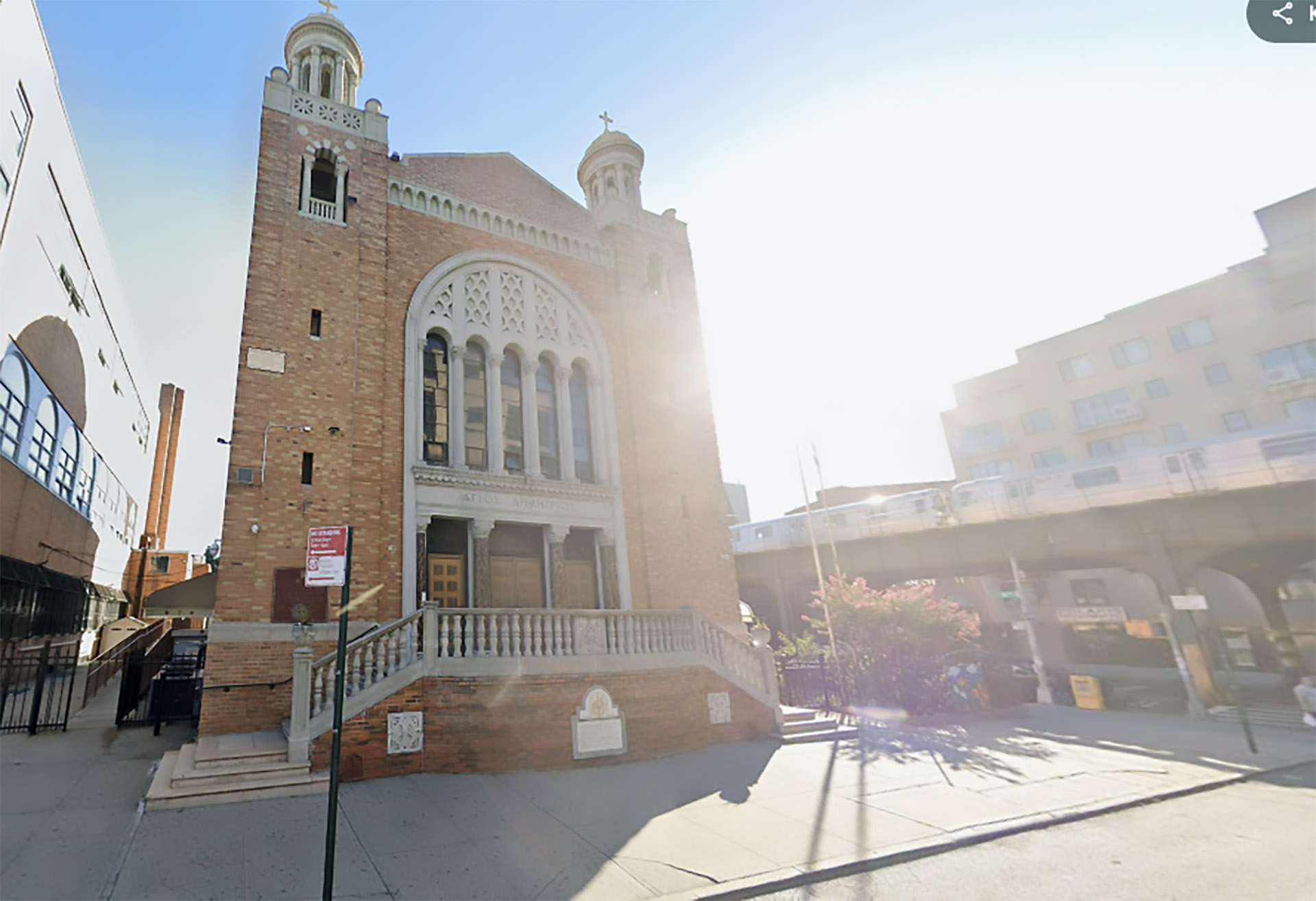Press Conference by Archdiocese Representatives on St. Demetrios – Without the Participation of the Archbishop
By Antonis
Copyright thenationalherald

NEW YORK. The first statement regarding the recent developments at St. Demetrios in Astoria was expected to be made on Monday afternoon by the Greek Orthodox Archdiocese of America — however, in the absence of Archbishop Elpidophoros.
According to information obtained by The National Herald (“E.K.”), Archbishop Elpidophoros is on a scheduled trip to Florida and was therefore unable to attend, even though he is the person directly responsible for providing answers on the pressing issues within this historic community of the Greek-American diaspora.
At the same time, the new legal framework recently signed by New York Governor Kathy Hochul brings significant changes to the balance of power between the parishes and the Greek Orthodox Archdiocese of America. The new law essentially makes the Archbishop of America the sole regulator of all actions related to parish real estate.
Specifically, Law S6991, introduced to the New York State Senate last March by Deputy Leader Michael Gianaris, grants the Archdiocese the authority to approve or reject requests for the sale, mortgage, or lease of parish properties, as well as to initiate such procedures itself without prior notification to the Attorney General. Moreover, the trustees of the Greek Orthodox Archdiocese of America are prohibited from filing petitions with the court for permission to sell, mortgage, or lease any real estate property without the Archbishop’s consent.
As a result, the Archbishop of America now holds the exclusive right of approval for any decision concerning real estate belonging to the Archdiocese or its parishes, regardless of the will of local parish councils or trustees.
Notably, the Governor’s signing of the bill — which made it law — took place on September 26, coinciding with the turmoil at St. Demetrios in Astoria and the Archdiocese’s reported demand that a document be signed granting it immediate management authority over the parish’s assets.
Speaking to The National Herald, Mr. Gianaris countered that this legislative measure has nothing to do with the recent events at St. Demetrios in Astoria, but rather fulfills a long-standing request of the Archdiocese of America — the main focus of the new law — to bring it in line with the framework that applies to other Churches, such as the Catholic and Episcopal Churches.
“This law has no ulterior motive related to what’s happening at St. Demetrios right now. It’s something the Church has been asking for many years — even before the current Archbishop. In fact, other Churches already have this framework, meaning they don’t need to go through the Attorney General’s Office to conduct their business. It just happened to pass now and coincided with St. Demetrios,”
Mr. Gianaris emphasized.
At the same time, the Greek-American Deputy Leader of the State Senate noted that while the Archbishop of America indeed gains autonomy, the final approval of any transaction remains under the jurisdiction of the State Supreme Court of New York, where such matters ultimately end up.
“The Archdiocese still needs to apply to the State Supreme Court to ensure that any transaction is in the Community’s best interest. The law we passed simply says they don’t need to send a notice to the Attorney General. Other Churches already had this ability. The Archdiocese has been trying for years,”
Mr. Gianaris concluded, while also sending a message to the St. Demetrios parishioners.
“I am also a member of the St. Demetrios Community. I was there — I got married there, and my father’s funeral took place there. I would never deliberately do anything to harm the community,”
Mr. Gianaris said.
However, legal circles note that the State Supreme Court retains jurisdiction in such cases to verify the legality of transactions, protect donations and bequests, and ensure that proceeds are used for ecclesiastical purposes — though with limited grounds to overturn a petition unless fraud or a civil law violation can be proven.